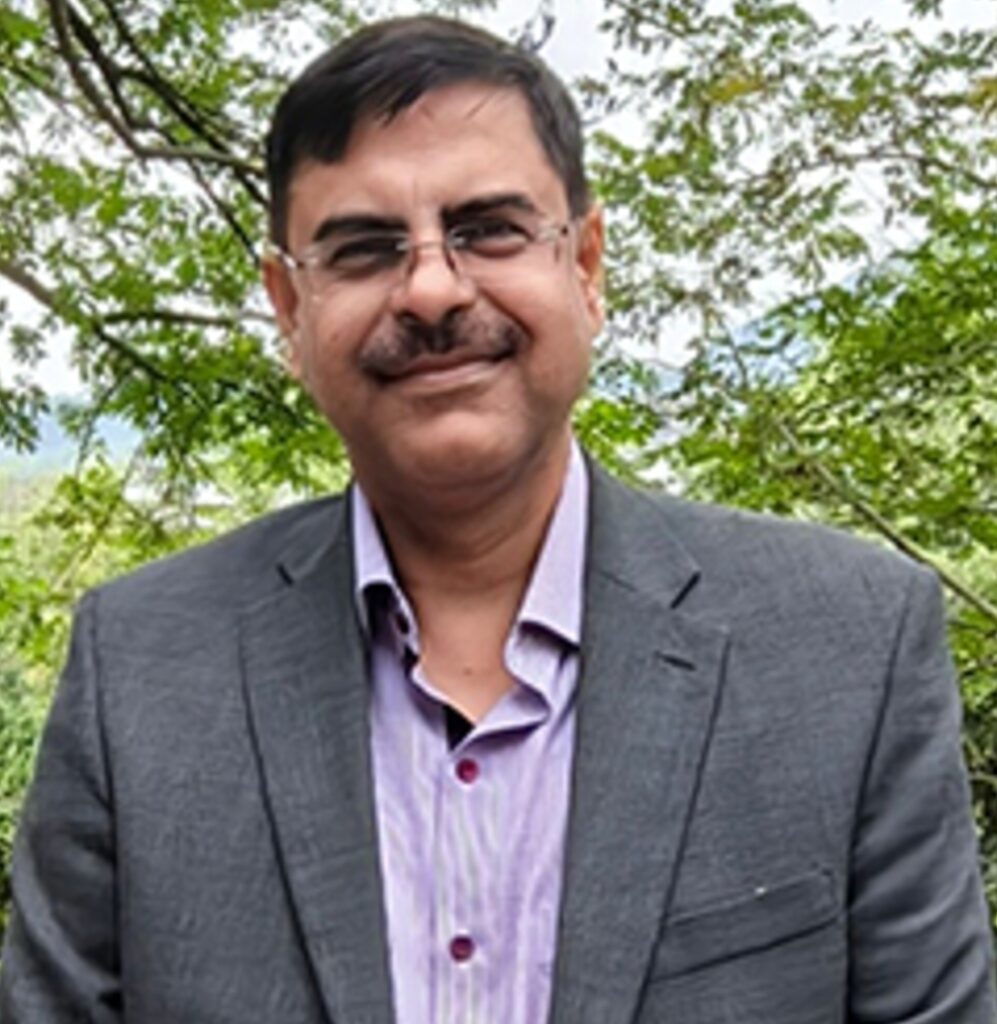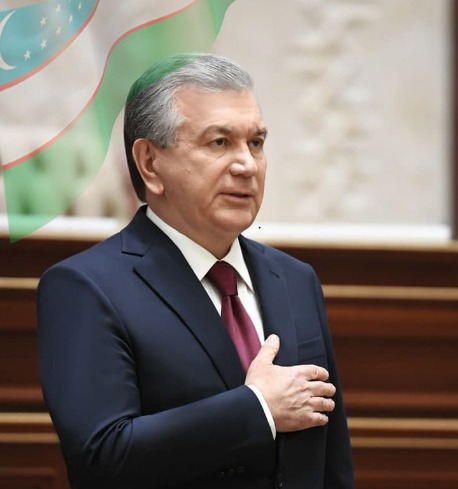In the heart of Central Asia, Uzbekistan is experiencing a transformative period under the leadership of President Shavkat Mirziyoyev. Since assuming office in 2016, Mirziyoyev has implemented a series of significant reforms aimed at fostering economic growth, enhancing political inclusivity, and improving human rights. These changes have not only strengthened Uzbekistan’s parliamentary system but have also garnered substantial trust and support from the Uzbek people. As a historian, it is essential to explore into the intricacies of Uzbekistan’s evolving political framework and the pivotal role of its president in this transformation.
Historical Context: From Soviet Republic to Independent State
Uzbekistan, a key player in Central Asia, boasts a rich history that has shaped its contemporary political landscape. From the Persian Empire to the Mongol Empire, and later the Russian Empire and the Soviet Union, each epoch has left an indelible mark on Uzbekistan’s political and social fabric.
Soviet Legacy
Under Soviet rule, Uzbekistan operated within a centralized, one-party system. The dissolution of the Soviet Union in 1991 marked the beginning of a new era for Uzbekistan, bringing both challenges and opportunities as the nation sought to establish a political system reflective of its unique identity and aspirations.
Early Independence Era
Islam Karimov, Uzbekistan’s first president, played a pivotal role in shaping the nation post-independence. His tenure, lasting until his death in 2016, was characterized by efforts to maintain stability and foster economic development. However, Karimov’s administration also faced criticism for its authoritarian tendencies, with limited political pluralism and strict control over opposition and media.
The Dawn of Reforms: President Shavkat Mirziyoyev’s Vision
Following Karimov’s death, Shavkat Mirziyoyev assumed the presidency and initiated a series of comprehensive reforms aimed at transforming Uzbekistan’s political, economic, and social landscape. Mirziyoyev’s administration has been marked by efforts to liberalize the economy, improve human rights, and increase political openness. Central to these reforms is the strengthening of the parliamentary system, a crucial step towards more democratic governance.
Economic Reforms
One of President Mirziyoyev’s most notable achievements is his economic reform agenda. Recognizing the need to modernize Uzbekistan’s economy and attract foreign investment, Mirziyoyev has implemented policies to liberalize the market, improve the business climate, and enhance property rights. Key initiatives include the simplification of tax regulations, the privatization of state-owned enterprises, and the promotion of small and medium-sized enterprises (SMEs).
Mirziyoyev’s economic policies have yielded significant results. Uzbekistan’s GDP growth has accelerated, foreign direct investment has surged, and the country’s international economic standing has improved. These economic reforms have not only spurred growth but have also created new job opportunities, contributing to a higher standard of living for the Uzbek people.
Political Reforms
Mirziyoyev’s administration has also focused on political reforms aimed at increasing transparency, accountability, and inclusivity in governance. Central to these efforts is the strengthening of the Oliy Majlis (Supreme Assembly), Uzbekistan’s bicameral parliament. The Legislative Chamber (lower house) and the Senate (upper house) play critical roles in shaping national policy and ensuring government accountability.
Legislative Chamber
The Legislative Chamber, or Qonunchilik Palatasi, consists of 150 members who serve five-year terms. Members are elected through a mixed electoral system: 135 are elected in single-member districts through a first-past-the-post system, while 15 seats are reserved for the Ecological Movement of Uzbekistan. This allocation ensures that environmental issues are given due consideration in legislative processes, reflecting a commitment to sustainable development.
Senate
The Senate, or Senat, is comprised of 100 members. Of these, 84 are elected by local councils (Kengashes) representing each of Uzbekistan’s administrative divisions, including the Republic of Karakalpakstan, regions, and the capital city of Tashkent. The President appoints the remaining 16 senators. This dual system of election and appointment is intended to balance regional representation with executive oversight, fostering a collaborative approach to governance.
Judicial Reforms
In addition to economic and political reforms, Mirziyoyev has prioritized judicial reform to strengthen the rule of law and protect human rights. His administration has introduced measures to enhance the independence of the judiciary, improve access to justice, and combat corruption. These reforms are aimed at building public trust in the legal system and ensuring that all citizens have equal protection under the law.
Parliamentary Elections: A Landmark Event
The December 2019 parliamentary elections were a significant milestone in Uzbekistan’s political history. These elections were closely monitored by international observers, reflecting the global community’s interest in Uzbekistan’s democratic processes. The elections marked the first parliamentary elections held under President Mirziyoyev’s administration and were a testament to the country’s commitment to democratic reforms and transparency.
Election Outcomes
Voter turnout was reported at 67.8%, indicating robust public engagement in the electoral process despite being the lowest in modern Uzbekistan’s history. This level of participation underscores the population’s growing interest in political affairs and their commitment to shaping the nation’s future .
The Liberal Democratic Party of Uzbekistan (LDPU) emerged as the leading party, securing 53 seats in the Legislative Chamber. The Uzbekistan National Revival Democratic Party followed with 36 seats, the Social Democratic Party “Adolat” (Justice) won 24 seats, the People’s Democratic Party of Uzbekistan secured 22 seats, and the Ecological Movement of Uzbekistan maintained its 15 allocated seats.
Key Developments
• Youth and Women Representation: The elections saw a notable increase in the number of young and female candidates, reflecting efforts to diversify political representation. This trend is expected to bring fresh perspectives and innovative solutions to the forefront of national policy.
• Election Reforms: Recent electoral reforms aimed at enhancing transparency and fairness were implemented, including improved voter registration processes and greater oversight of campaign financing. These reforms are part of a broader effort to build public trust in the electoral system and ensure that elections are free and fair.
• International Observers: The international bodies observed the elections, commending the procedural improvements while also noting areas for further enhancement. The presence of international observers underscores the importance of external validation in building confidence in the electoral process.
Mirziyoyev’s Leadership: Building Trust and Inclusivity
President Mirziyoyev’s leadership has been instrumental in fostering trust and inclusivity among the Uzbek people. His commitment to reform and his pragmatic approach to governance have resonated with citizens, who increasingly view him as a leader dedicated to improving their lives and advancing the nation’s interests.
Mirziyoyev’s efforts to engage with the public and address their concerns have been a cornerstone of his administration. He has implemented open-door policies, encouraging dialogue between the government and citizens. Regular public forums, town hall meetings, and direct engagement with various communities have helped build trust and ensure that the government remains responsive to the needs of the people.
Mirziyoyev has also focused on social reforms aimed at improving education, healthcare, and social welfare. His administration has invested in modernizing the education system, enhancing healthcare infrastructure, and expanding social safety nets. These efforts are aimed at ensuring that all citizens have access to essential services and opportunities for personal and professional growth.
One of the hallmarks of Mirziyoyev’s presidency has been his commitment to inclusive governance. By promoting the participation of women and youth in politics, he has sought to create a more representative and dynamic political landscape. The increased representation of these groups in the recent parliamentary elections is a testament to the success of these efforts.
Implications for Uzbekistan’s Future
The outcomes of the parliamentary elections and the ongoing reforms under President Mirziyoyev’s leadership are expected to have significant implications for Uzbekistan’s legislative agenda and overall political trajectory. With a renewed mandate, the parliament is poised to address key issues such as economic reform, social development, and environmental sustainability.
• Economic Reform
Uzbekistan’s economy has been undergoing a series of reforms aimed at liberalizing the market and attracting foreign investment. The parliament is expected to play a crucial role in enacting laws that support these economic reforms, including measures to improve the business climate, protect property rights, and enhance the financial sector. Additionally, legislative initiatives to promote small and medium-sized enterprises (SMEs) and support innovation and entrepreneurship are likely to be prioritized.
• Social Development
Social issues, including education, healthcare, and social welfare, are also high on the legislative agenda. The increased representation of young and female parliamentarians is expected to bring new perspectives on these issues, leading to more inclusive and effective policies. Education reform, in particular, is seen as a key area for legislative action, with a focus on improving access to quality education and aligning the education system with the needs of the modern economy.
• Environmental Sustainability
The presence of the Ecological Movement in the Legislative Chamber ensures that environmental issues remain a priority. Legislative initiatives to address climate change, promote renewable energy, and protect natural resources are expected to gain traction. The parliament’s role in overseeing the implementation of environmental policies and ensuring that they are effectively enforced is critical for achieving sustainable development goals.
Uzbekistan’s Political Landscape: A Comparative Perspective
For Pakistan, Uzbekistan’s political evolution offers valuable insights. Both countries share a history of striving for democratic stability amidst complex regional dynamics. Uzbekistan’s recent elections underscore the importance of transparent governance and inclusive political participation—principles that resonate deeply within Pakistan’s own democratic evolution.
Like Uzbekistan, Pakistan has experienced a complex political history marked by periods of authoritarian rule and efforts to establish democratic governance. Both countries have faced challenges in balancing executive authority with parliamentary oversight, ensuring judicial independence, and fostering political pluralism.

Professor Dr. Mahboob Hussain is the Chairman, Department of History and Pakistan Studies, University of the Punjab, Lahore.


